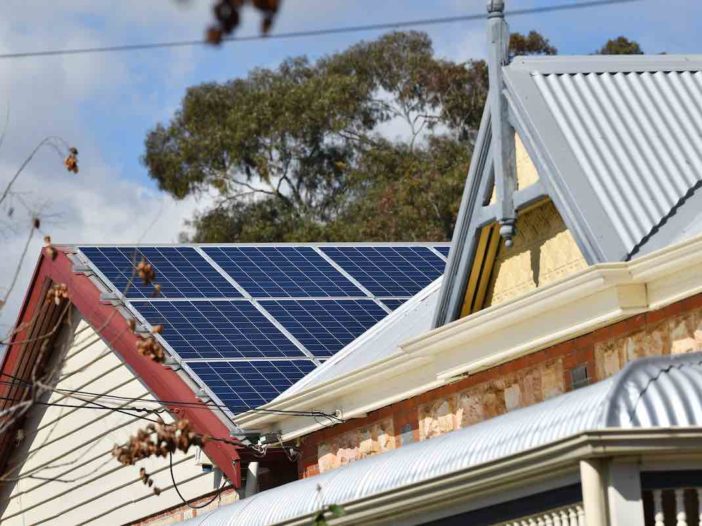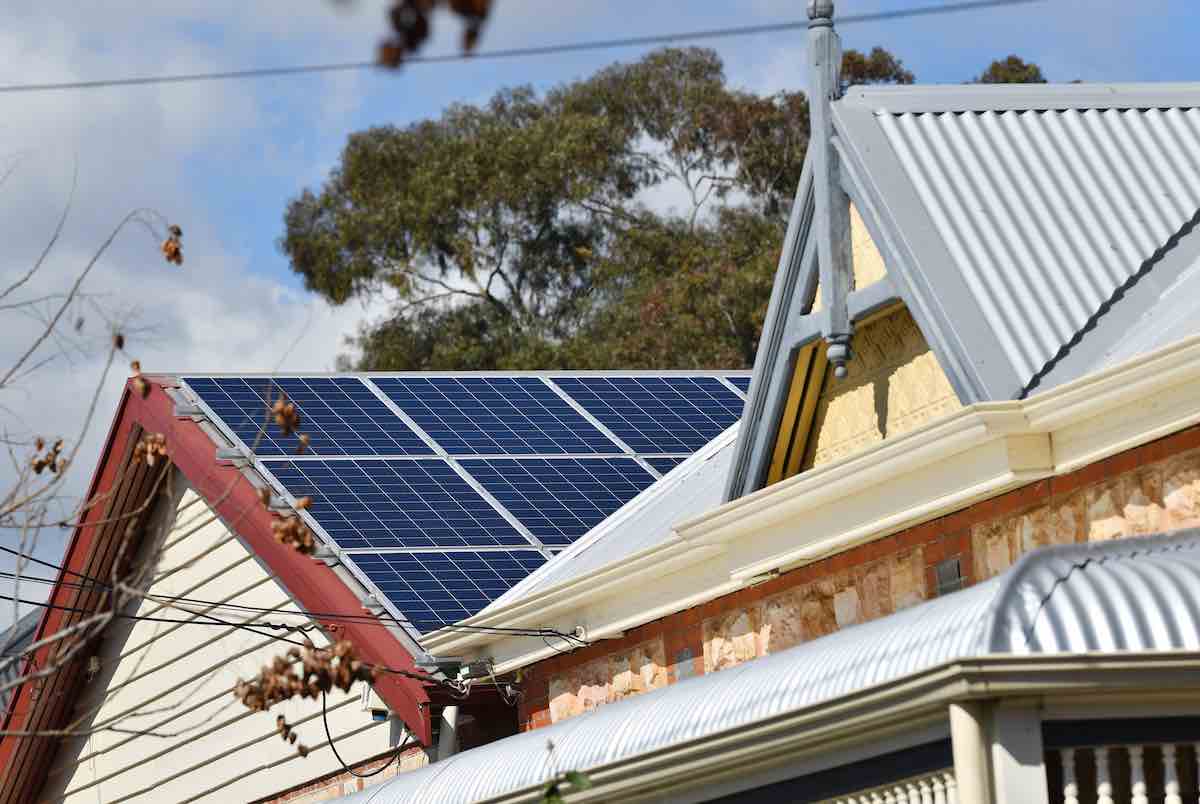
Chinese solar inverter giant Sungrow has become the latest to gain the tick of compliance with South Australia’s new technical requirements for flexible solar exports, in time for the final deadline for the new rules in July 2023.
SunGrow says that while some products already comply with the state’s Flexible Export Program, its other inverters will complete the necessary development and listing process before July 1st.
In the future, the company says its entire inverter range will natively support dynamic export function, without requiring additional controllers, aggregators, or subscription fees.
From July 2023, South Australia’s Dynamic Export Limit (Flexible Exports) will mean all new rooftop PV installations up to 30kW of capacity must have CSIP (IEEE 2030.5) communication capability built into the inverters.
The newly mandated technical capabilities, part of the state Labor government’s Smarter Homes Program, mean that SA Power Networks will be able to adjust systems’ export limits remotely in accordance with the needs of the grid.
As well as helping to control the huge collective resources that is rooftop solar in South Australia, flexible exports will give new solar systems in the rooftop PV-soaked state the ability to export up to 10kW, rather than the current fixed limit for households of 5kW.
Global inverter company SolarEdge’s software was the first to be listed by the Clean Energy Council as being able to meet the requirements for flexible exports, as One Step Off The Grid sister site RenewEconomy reported here.
At the time, SolarEdge’s technology head James Sturch marked the achievement as “a huge step forward for the industry” and “really the first step” towards true distributed energy resource interoperability.
“For true interoperability you need real-time visibility over what is going on behind the meter as well. Is an EV connected? Is there battery storage?” Sturch said.
SunGrow – which just over a year ago signed Australia’s largest solar supply contract with local distributor Solar Juice to deliver a massive 2GW of PV inverters, storage systems, and batteries – says achieving compliance for the Dynamic Export Limit (Flexible Exports) is a significant accomplishment for any inverter manufacturer.
“The product development process requires a comprehensive system including IT, communication, inverter technologies and rigorous testing to ensure that the inverters can operate within strict technical guidelines, while also complying with complex regulatory requirements,” the company said in a statement this week.
“We are proud to be at the forefront of the transition to renewable energy in South Australia,” said Sungrow Australia country manager, Joe Zhou.
“Our solar inverter is just an example of our commitment to providing innovative and sustainable solutions that benefit both consumers and the environment.”

Sophie is editor of One Step Off The Grid and deputy editor of its sister site, Renew Economy. Sophie has been writing about clean energy for more than a decade.

